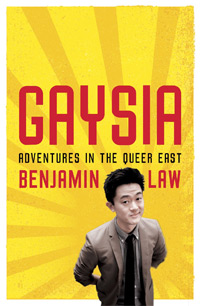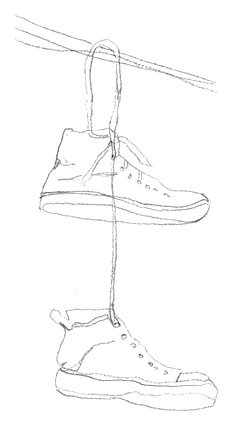The Weekend Australian book review: ‘High Sobriety’ by Jill Stark, March 2013
A book review for The Weekend Australian, republished below in its entirety.
Frank memoir explores the cost of our drinking culture
Scottish-born journalist Jill Stark was a health reporter with a blind spot: despite writing about Australia’s binge-drinking culture for The Age newspaper, she would regularly drink to excess, as she’d done since her teens.
One too many hangovers, however – the last on New Year’s Day, 2011 – set her, at age 35, on the path of alcohol abstinence for the first time in her adult life. The result is High Sobriety, her first book.
As the subtitle indicates, this is an account of Stark’s sober 2011, one month per chapter. It’s part memoir, part sociological examination of our national drinking habits, and both aspects work well.
“Just like Scotland, Australia’s default bonding-ritual is drinking,” she writes near the beginning, noting that her homeland is “a place where whisky outsells milk, and teetotalism is a crime punishable by death”. Stark is being melodramatic, of course, but the narrative makes it clear: to cut booze out of her life is almost as serious as excising a limb.
On announcing her first period of sobriety – three months, as part of a youth-led health program called Hello Sunday Morning – Stark captures her social isolation vividly. When confronted by her peers about her decision not to drink or smoke, she notes that “my identity was suddenly reduced to the sum of the substances I’d chosen not to ingest”. Her transformation from centre-of-party to self-conscious fringe-dweller makes for a compelling contrast.
Every aspect of Stark’s life is laid bare: her suspicions that she drinks to dampen the fear of being alone; her troubled love life (she realises in March that she hasn’t been sober during sex in years); her depression and anxiety, perhaps exacerbated by booze; her family’s history of alcoholism, including a grandfather who drank heavily until the day he died. “At the heart of that tragedy: alcohol,” she writes after her mother tells this story for the first time. “A drug I have enjoyed with cavalier abandon simply because it’s legal.”
Her initial three-month commitment soon turns into 12, thanks in part to a popular feature article about her experience in The Age (and resultant book offers).
Stark is at pains to point out how difficult not drinking is: she wonders if she’ll be able to navigate various events without booze: her birthday, a return to Scotland, the AFL finals series, a friend’s wedding, Christmas parties and so on. These too-regular instances of self-doubt are the only aspect of her writing that grates a little.
Wedged between her own confessions are historical passages charting Australia’s history with alcohol, with a focus on the relatively recent, media-defined trend of youth binge drinking; a discussion about journalism’s long, slow dance with alcohol on the job, including war stories from older Fairfax scribes; the role of advertising in the liquor industry; and interviews with public health professionals regarding the effects this drug can have on human brains if consumption is not kept in check. Pertinent observations are plentiful and the author’s tone is never condescending.
Stark makes it through the year, of course, with more than a few self-discoveries along the way. There is a devastating, unexpected personal tragedy near the end, which pulls the book’s premise into sharp focus. As she puts it: “Life’s too short to be wasted.” This is a conclusion reached without moralising, without judging others. It’s a refreshing approach to the oft-loaded discussion surrounding drug use of all kinds. Near the end, Stark writes:
As rewarding as my year without booze has been, swimming against the tide has been bloody hard, and at times exhausting. It could be even harder for the next generation of drinkers. As long as laying off the booze leads to claims that you’re a boring, un-Australian loser in an environment set up to convince you alcohol makes you cool and socially functional, young people will continue to get pissed for confidence, comfort, and belonging.
This isn’t a guide to abstinence, nor is it intended to induce fear in those who drink, to excess or otherwise – though some of the statistics quoted are certainly enough to make any reader consider their consumption. Ultimately, it’s hard not to recommend this book: from teenagers experimenting with their first taste, to those who’ve been imbibing for decades, many will find Stark’s story illuminating, touching, and memorable.
High Sobriety: My Year Without Booze
By Jill Stark
Scribe, 320pp, $29.95
Elsewhere: I wrote about the founder of Hello Sunday Morning, Chris Raine, for Qweekend in June 2011
 After exploring his upbringing in the 2010 comic memoir The Family Law, Benjamin Law turns to another topic close to his heart. An Australian of Chinese ancestry, he sets out to explore attitudes to homosexuality in seven Asian countries.
After exploring his upbringing in the 2010 comic memoir The Family Law, Benjamin Law turns to another topic close to his heart. An Australian of Chinese ancestry, he sets out to explore attitudes to homosexuality in seven Asian countries.